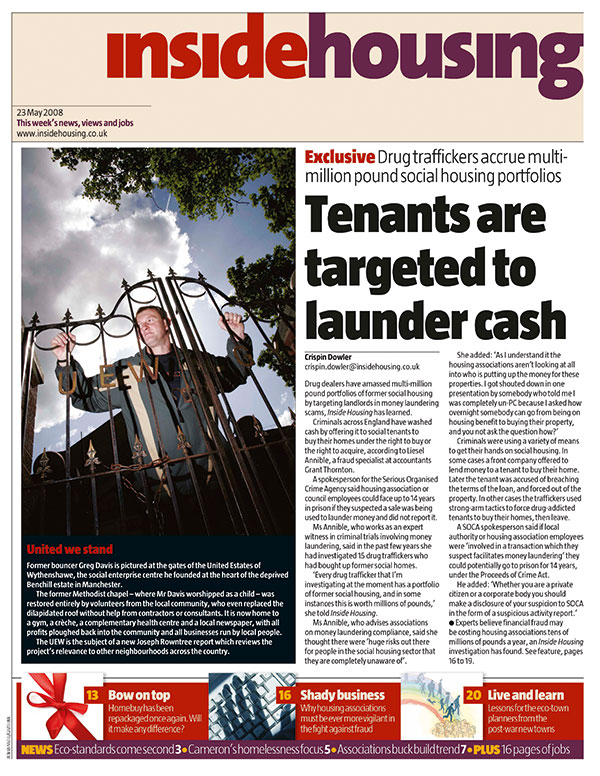You are viewing 1 of your 1 free articles
From the archive - state of council housing a ‘national disgrace’
Inside Housing looks back at what was happening in the sector this week 10, 20 and 30 years ago
30 years ago
An inquiry found that councils should end the use of B&B accommodation within three months.
The London Housing Inquiry was based on the outcomes of hundreds of meetings and discussions – known as local forums – that had been held across London in the second half of 1987 and the start of 1988.
The resulting report recommended that an emergency programme be implemented to permanently house all those who were homeless within a year.
Organisers said that following the report’s publication they would start a major push to ensure that central and local government took urgent action to provide decent, genuinely affordable and safe housing for all those who needed it in London.
Sadly, the battle hasn’t been won yet. There were 5,710 households in B&B-style accommodation as of 31 December 2017. Of those, 2,030 had dependent children or were expecting children. And of these, 880 had been living in B&B accommodation for more than six weeks.
Inside Housing has been campaigning for solutions as part of its Cathy at 50 homelessness campaign, launched to tie in with the 50th anniversary of the film Cathy Come Home.
20 years ago
Inside Housing called the state of local authority housing a “national disgrace” on this week in 1998.
The English House Condition Survey revealed that one in 13 council homes were unfit. The figures also showed that almost one in five private rented homes were unfit, and 5.2% of association stock.
Photo: World Affairs Council
Eric Bowen, director of housing at Leeds City Council, said that the lack of investment in stock over the past 17 years meant it needed a “radical approach” to tackle the issue.
Two years later, prime minister Tony Blair (above) introduced the Decent Homes Standard, which pledged to ensure that all social housing met a certain level by 2010.
By 2010/11, councils had spent approximately £37bn on improvement work.
10 years ago
The Right to Buy was front-page news in 2008, with the revelation that drug dealers had amassed multimillion-pound portfolios of former social housing in money laundering scams.
Criminals were offering to buy homes for social tenants under the Right to Buy or Right to Acquire, and then forcing them out for breaching the terms of the loan. Liesel Annible, a fraud specialist at Grant Thornton, said: “Every drug trafficker that I’m investigating has a portfolio of former social housing, and in some instances this is worth millions of pounds.”
A spokesperson for the Serious Organised Crime Agency warned that housing association or council employees could face up to 14 years in prison if they suspected a sale was being used to launder money and did not report it.


